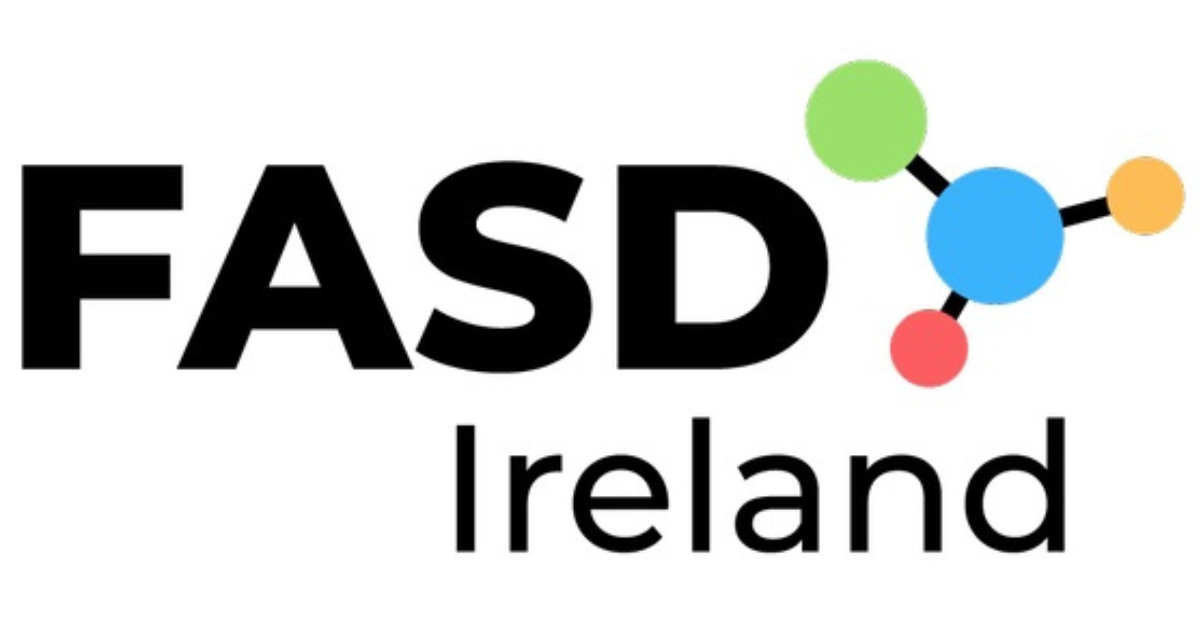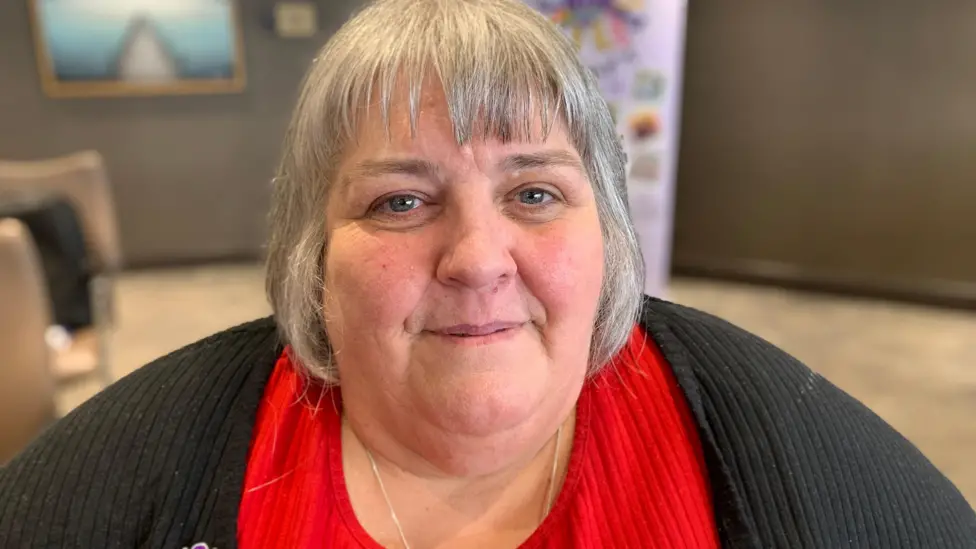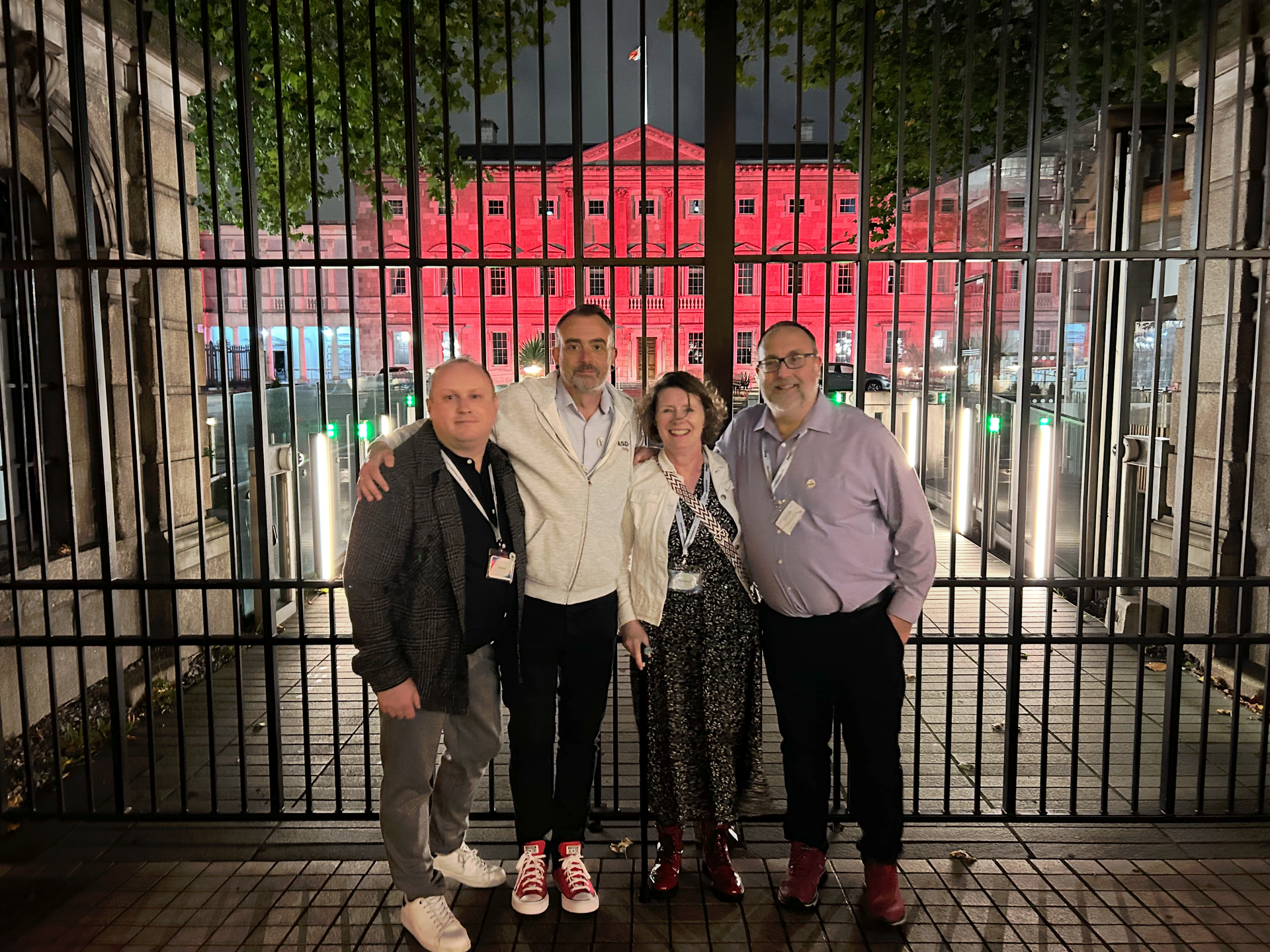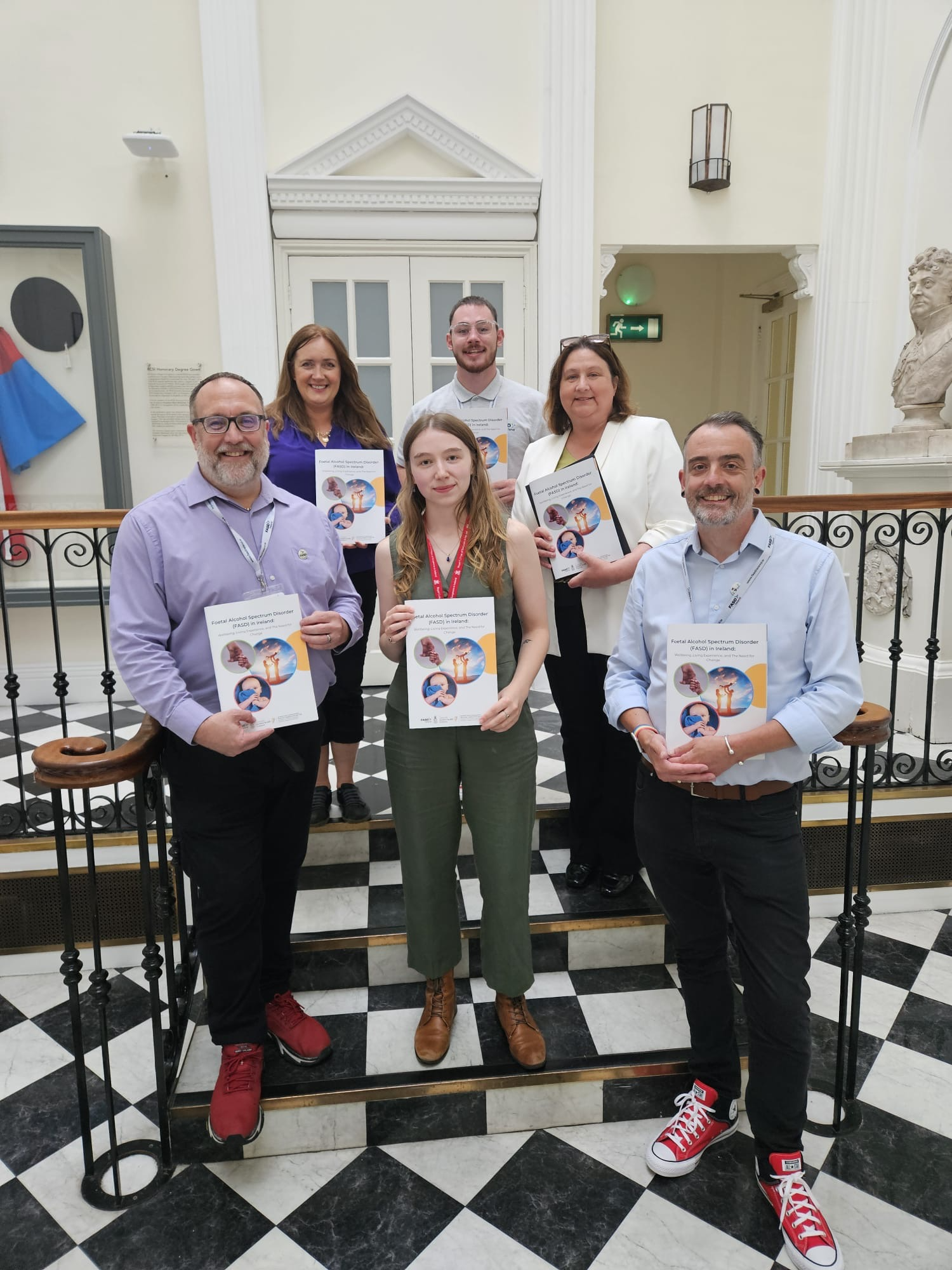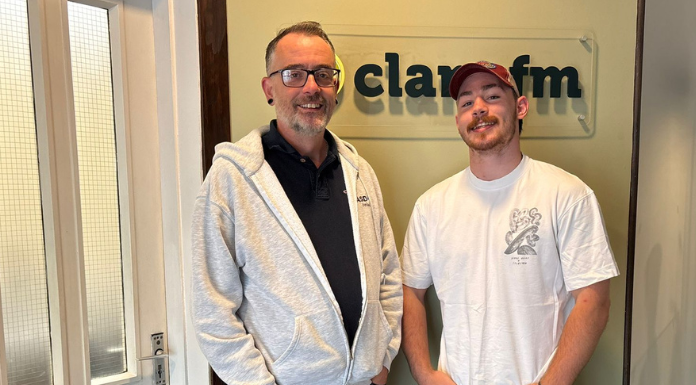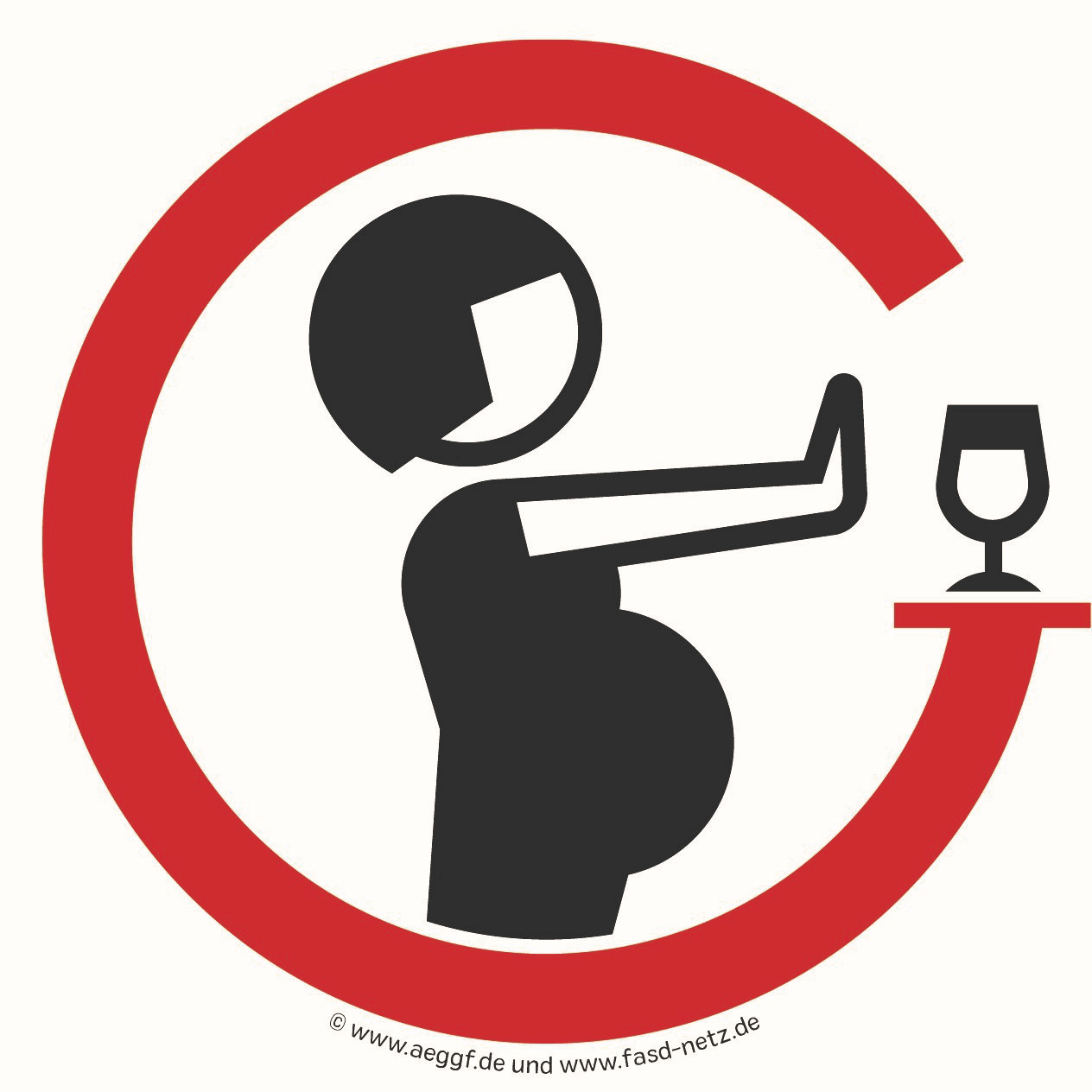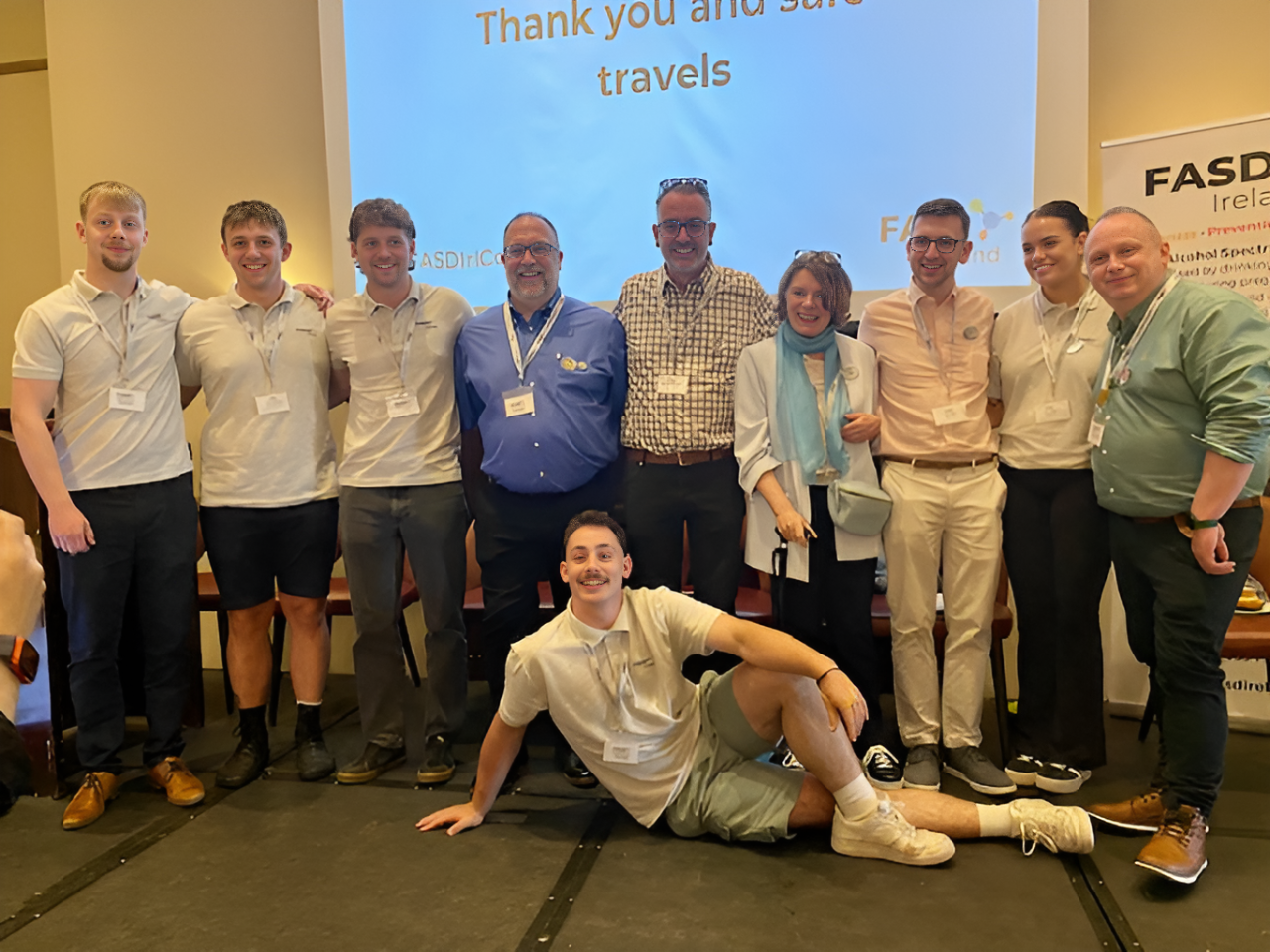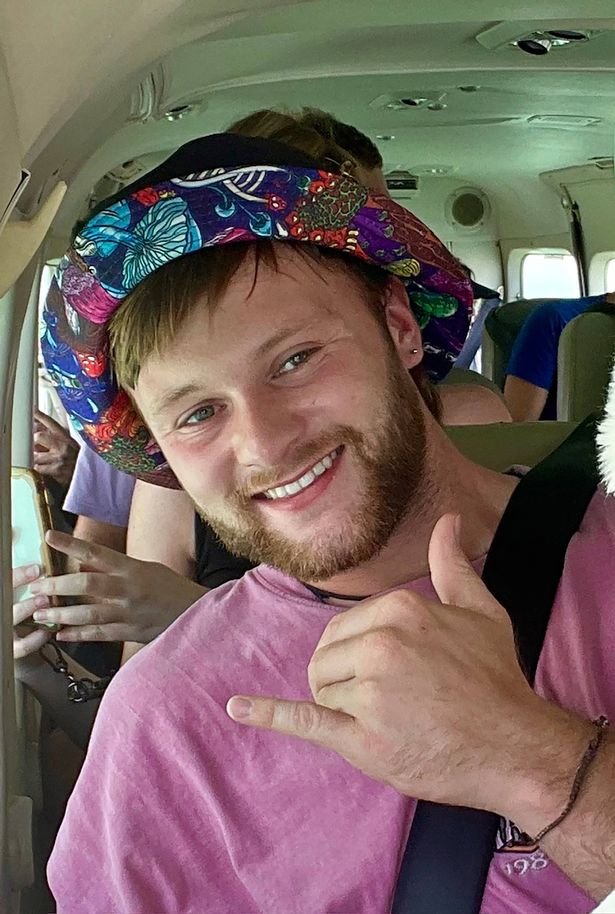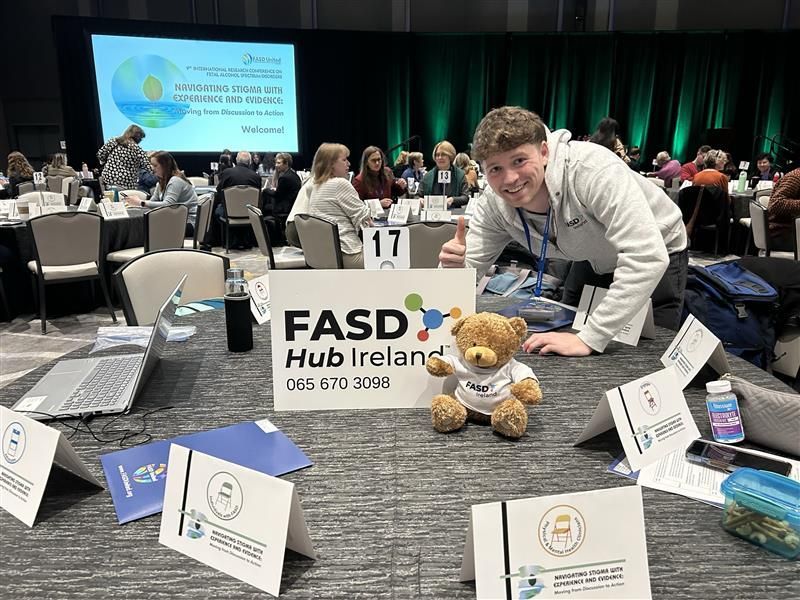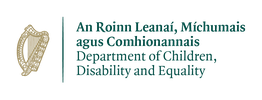FASD Ireland response to Minister Butler's recent comments about ADHD and Autism
FASD Ireland fully understands the public anger that has been expressed toward the recent statements made by Minister of State for Mental Health and Older People, Mary Butler T.D. and publication of a book on issues pertaining to the prevalence of ADHD and Autism (ASD) by an individual.
We recognise that the Minister’s remarks without context are offensive to the neurodiverse community. ADHD is the most diagnosed co-morbid condition of Foetal Alcohol Spectrum Disorders (FASD), present in 70% of diagnosis, with autism presenting very similar symptoms to FASD, and co-occurring in around 1.5% of diagnosis of FASD.
We understand and appreciate how recent debate of the prevalence, diagnosis and even existence of ADHD and ASD can be deeply frustrating for the people who live with these two conditions. Those that have been campaigning for the last 20 years have made enormous strides in that time and we would never want to go back to an Ireland where people feel unseen and unsupported. For people living with FASD in Ireland, that experience of 20 years ago is our live reality today.
As members of an interconnected community of people living with neurodevelopmental conditions, we welcome public discussion at all levels about the barriers that people have faced in our society in the past and continue to contend with today. However, as the national organisation for the largest cohort of people living with a neurodevelopmental condition in this country, we are disappointed but not surprised to have been overlooked from this discussion.
FASD is the most prevalent neurodevelopmental condition in Ireland, yet there is no standard criteria for diagnosis for people living with the condition. There is no framework of support from state agencies, including CDNTs, CAMHs, Adult Mental Health Services, or the NCSE in education. The issue of underdiagnosis and misdiagnosis being discussed in the public domain is very welcome, however, for people who have no access to diagnosis, their living experience and the advocacy of their representative organisations are completely removed from this discussion; locked out of decision-making processes, there is no seat at the table where issues of concern to the FASD community are discussed at a State level.
Everyone living with neurodevelopmental conditions in this State should have access to supports and accommodations and we stand unequivocally in solidarity with our fellow neurodiverse community who have faced questioning of the validity or even existence of their conditions in recent days. However, for people living with FASD it is a not merely barriers to diagnosis or outdated protocols but diagnostic protocols that simply do not exist in this State. People living with FASD face every conceivable barrier in accessing supports and accommodations at home, school, further education, at work and throughout the life course.
FASD Ireland, people living with FASD, their parents or carers are all excluded from having a voice at the only HSE body that exists to discuss FASD, the Expert Advisory Group on FASD Prevention. There is not one single voice of anyone with living experience of FASD represented on the EAG.
Since the beginning of this Government term in January and subsequent to the appointment of Ministers, policy related to FASD which previously sat with then Minister of State for Disability, Anne Rabbitte, has no line Minister in Government and 28 Parliamentary Questions from a myriad of TDs who support our work have gone completely without answer.
From a day-to-day perspective, families who are crying out for support are left completely abandoned by this State and have only FASD Ireland to turn to. It is our privilege to support the FASD Community in this State every day in a fight for basic recognition, and we spend hours writing emails, policy papers, and submissions for one basic reason. FASD exists.
Through the work of FASD Hub Ireland, we work at the coalface of this dearth of service provision and what it means for families the length and breadth of this country. When there is nobody else for these families to turn to because of a lack of support and accommodation, we are there. And we will be there every day.
